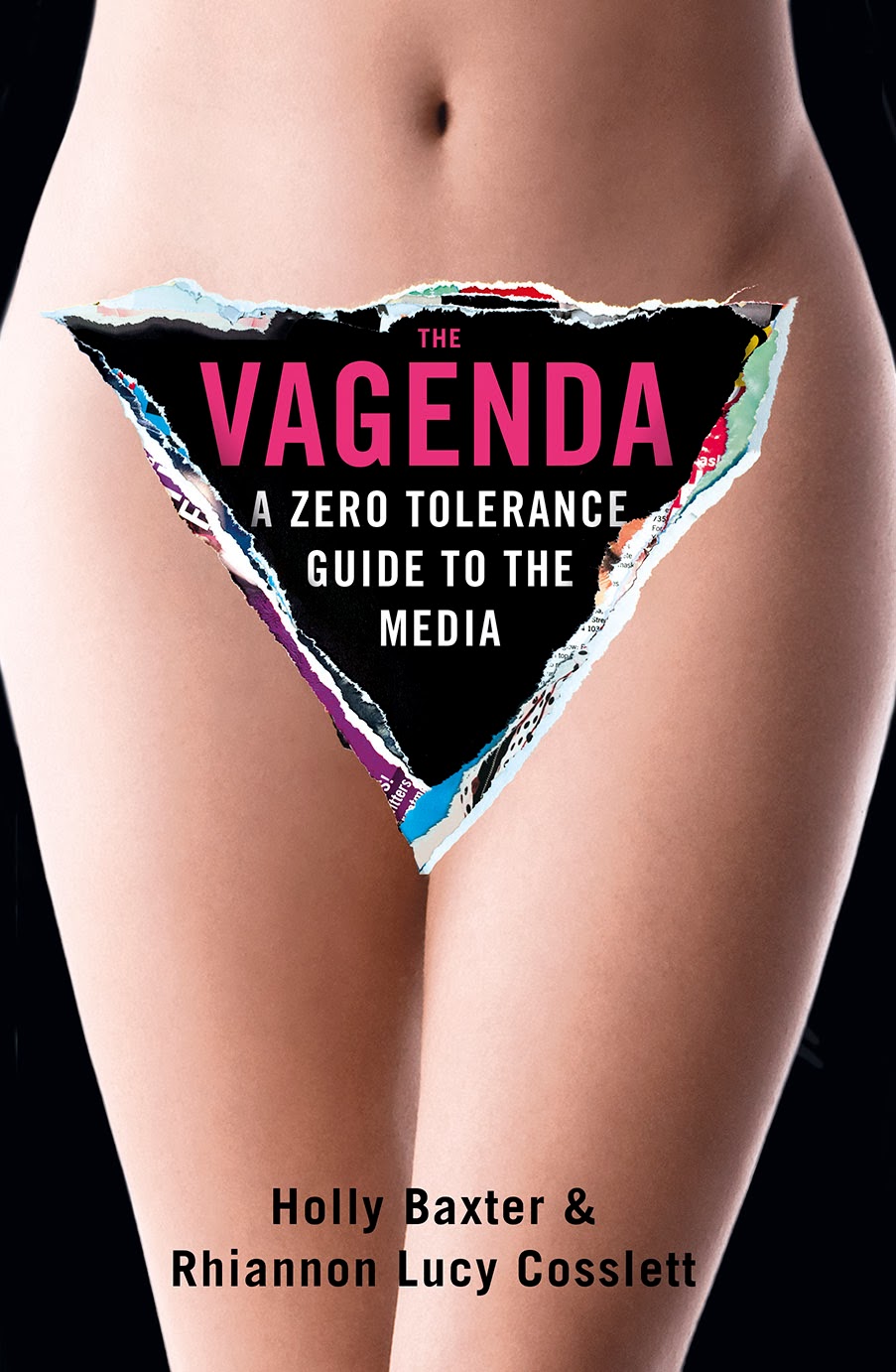In the developed world, this message speaks volumes. Nobody wants to be the father in his early twenties, navigating the terrible twos when he should be pursuing a career and an active social life. And very often, when we’re telling teens to get their enthusiastic fingers out of their peers’ pants, we forget that simply reminding them of the day-to-day realities of raising a child could be the best way to convince them. The world over, women sacrifice their time, their bodies, and their ambitions in order to do right by children that they never planned to have. It’s an annoyance of ‘supermarket tantrum’ proportions in the western world; in the developing world, it’s often a death sentence.
The Family Planning Summit happens in London tomorrow, on the 11th of July 2012, and well-known charity Save the Children are spearheading an attempt to provide contraception to the poorest populations in the world. At a bloggers’ event we were invited to last night, one ambassador made light of the fact that stopping children being born seemed fairly counterintuitive for a charity with their name – but the fact of the matter is that most of the women who unwillingly become pregnant in developing countries are children themselves. They often die because their bodies haven’t matured enough to carry a baby – and if not, then they often go on to have an endless succession of children with very little space in between pregnancies. Without the ability to plan their pregnancies or choose when they happen, they and their entire families grow up with even worse access to food, education, and life opportunities, perpetuating a vicious circle that goes on for generations.
We steer clear of the didactic stuff when we can, but getting on board with this cause is one of the great things that we can do with the Vagenda. Ahead of the summit tomorrow, feel free to sign the petition being sent to David Cameron, who will consider whether contraception is a worthwhile pursuit for aid workers in the future. The argument from Save the Children is that proper, equal access to sex education and contraception is one of the only worthwhile pursuits when considering hunger, disease, education, individual and international development, and population control. We’re inclined to agree.
So whether you’re child-free and happy forever, thanks, or a yummy mummy doing pushchair exercise classes with your adorable baby triplets, we’re pretty sure you’re on board with the idea of planning your family for real. Perhaps all the family you need is a partner and yourself; perhaps you’ll open your home to twenty foster children and seventeen cats. Perhaps that video in year six really did scare you away from any sexual contact for the rest of your life. But whatever your position in your personal life, everyone should care that 25,000 young girls under 18 are married every day – and that for girls and young women aged 15-19, pregnancy and childbirth is the the number one killer worldwide. It’s got to stop, and someone’s got to go out there with a bumper pack of johnnies and a strong determination to talk about willies. If you’re not volunteering to do that (and all power to you if you are!), the least you can do is stick your name to the cause.



Or better yet, deal with the political corruption and social inequality that lead to hunger, disease, and hardship for women and girls in “developing countries” (a term that implies child-like helplessness in the same way that referring to women as “girls” or “those-creatures-who-like-cupcakes” does). While contraception is undoubtedly important in an immediate sense, a focus on it can make it incredibly easy to ignore the underlying problems and allows Western policy-makers to pat themselves on the back for thinking of such an excellent bandaid solution. It also places the blame squarely on female reproduction rather than where it should be. Educating a girl is almost (not completely, but almost) useless when the Western ideals she is taught are incompatible with the political environment she lives in. Imagine how frustrating it must be to be told that you are doing everything wrong, endangering the lives of yourself and your family, and the methods you are taught to prevent this are impossible to continue once aid workers leave or funding shifts elsewhere or someone in the dominant political party sneezes.
Also it’s worthwhile to note that the choice to use contraception in the form of condoms is not always up to the woman. Rarely, even. Birth control pills are even more problematic as they were developed for women with base hormone levels common in the Western world, which are very different from the normal hormone levels of women in other places. This results in incredibly uncomfortable side effects that we, as the target consumer for these pills, do not often experience. Yet somehow we wonder why these women don’t always continue to take them, and inevitably blame it on backward-thinking culture or lack of education.
It’s a very well-meaning initiative, I just think that sometimes a bandaid solution can do more harm than good, especially when it only aims to treat one very small facet of a very, very large problem.
Really not sure contraception for all is a band aid solution, more like a right…someone got a bit didactic there
On the whole, Save the Children are pretty right-on and do good, thoughtful, well balanced work. Of course there are multiple, complex problems, but thinking like that usually leads to inaction, and at least promoting condoms is doing SOMETHING. I work in international development and this is what turned me on to feminism – I’m pretty alright in my day to day in Britain, but millions of other women are getting shafted (metaphorically and literally) and I want to help. Definitely support this cause.